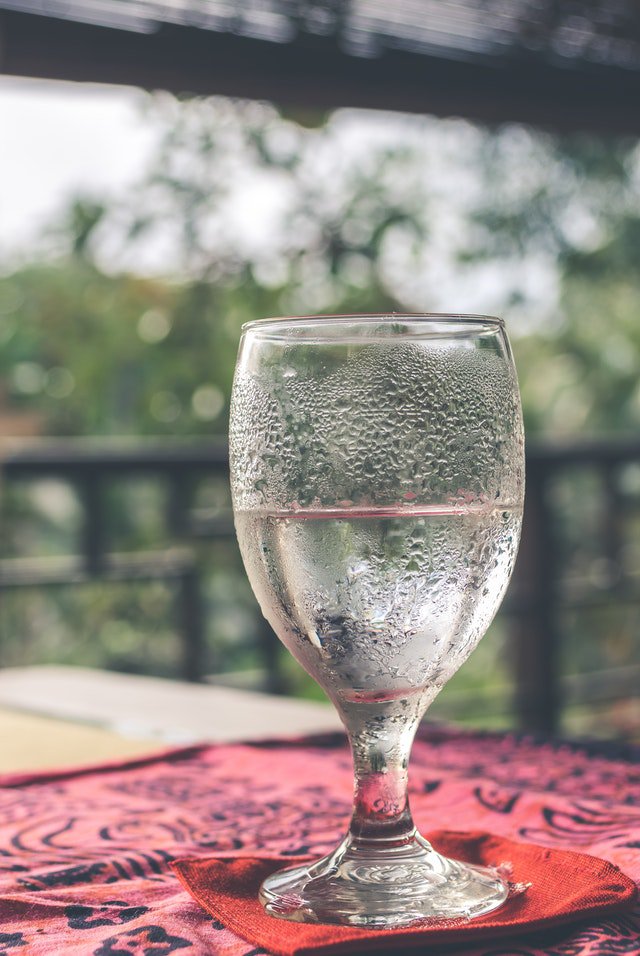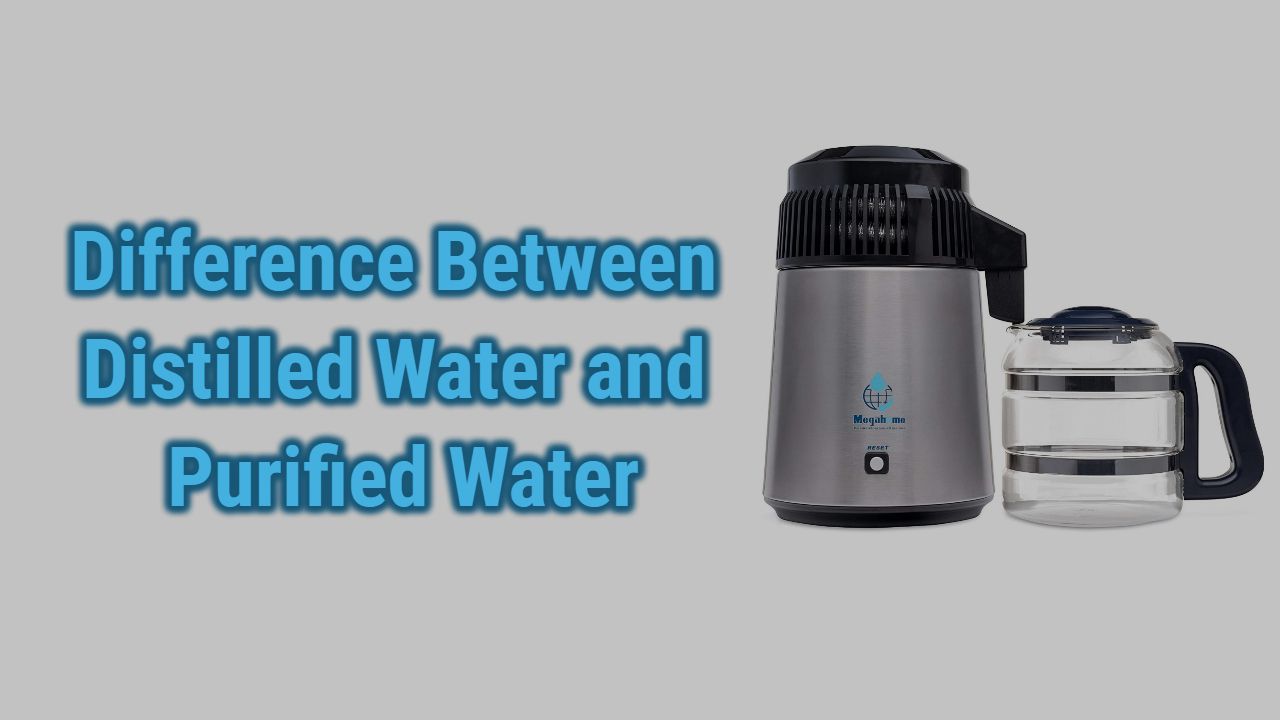Today, we use different methods to determine our water quality. There are different ways on how we can maintain the quality of water by following or adopting various methods. This article will give you a brief idea on what is the difference between distilled and purified water and its benefits. To classify furthermore, for your knowledge on types of pure form of water. There are four types of pure water, i.e., Mineral water, Springwater, Distilled water, and Purified water. In this article, we’ll only go through distilled and purified water.
Table of Contents
WHAT IS PURIFIED WATER?

Purified water is considered one of the purest forms of water available. To qualify as pure water, it must have less than 10 parts per million(PPM). This basically means that the water has about 99.9% impurities removed. It has the highest amount of quality that water can achieve.
Purified water can be found through tap water or groundwater, which means it is the water found in the household. This purified water is purified by processes like Reverse Osmosis, Water Softener, Deionizer, and other Water Filters as well. So, simply put, purified water has the purest water of them all.
BENEFITS OF PURIFIED WATER
- It is healthy drinking water because about 99.5% of impurities are removed from the source.
- Removes bacteria and chlorine, which is harmful to health.
- Despite the purification process, purified water still contains essential minerals needed in the human body.
- It requires minimum and easy setup. Thus, it is beneficial economically.
- Purified water benefits our colon and digestive tract.
- Get rids of heavy metal like lead and copper which is toxic for the body.
- Helps lighten skin and smoothen hair.
CONS OF PURIFIED WATER
- Few purification processes remove essential minerals.
- Highly maintainable to keep the purification process going.
- Purified plastic bottles are wasted and have an environmental impact.
WHAT IS DISTILLED WATER?

Distilled water is also purified water that goes through the distillation process. The distillation process includes boiling the impurified water, and collecting the steam generated from boiling, and then converting the steam into h2o, i.e., water form. Since the steam of the boiled water is collected, distilled water is also considered as one of the purest forms because almost all the impurities are left behind in the boiling process.
The main factor in distilled water is that during the distillation process, even the essential mineral is ripped off from the water. So it only measures 1 part per million (PPM) of dissolved solids. Distilled water is said to taste bad or tasteless and flat.
While purified water is used mainly for drinking purposes but generally distilled water is mainly used in laboratories and medical industries. However, it is still possible to drink distilled water, as it is the bare purest form of water.
BENEFITS OF DISTILLED WATER
- Best for getting rid of water contaminants.
- Since it boils, it easily removes bacteria, micro contaminants, and pesticides.
- Used in labs and hospitals to follow contaminant-free processes.
- People with high-risk diseases use distilled water because all the impurities are removed.
- Distilled water also removes bad bacteria and chlorine from water.
CONS OF DISTILLED WATER
- The distillation process gets rid of essential minerals and also electrolytes.
- Elements like calcium and minerals are also removed.
- Cumbersome process and time-consuming.
- Distilled water can bring a cavity since it is devoid of fluoride.
WHICH IS BEST: PURIFIED OR DISTILLED WATER?
Both purified and distilled water is essentially good for all of us. Both are in purified form through different processes. The main difference between purified and distilled water is that distilled water removes even the important minerals and elements from water, while purified water, however, keeps the important minerals and elements intact in water.
Both types of water are drinkable, but purified water is more for drinking purposes while distilled for medical and lab purposes. But, do remember that distilled water is also the cleanest form of water, cleaner than purified or filtered form. It is also said that distilled water since it boiled, has the maximum energy levels.
HIGHLIGHTS OF THE DIFFERENCE BETWEEN PURIFIED AND DISTILLED WATER
1. Contaminants & minerals after the purification process
- Purified water– chemical pollutants, bacteria, fungi, algae, metals, and parasites.
- Distilled water– chemical pollutants, viruses, parasites, bacteria, minerals, and nutrients.
2. Methods of filtration
- Purified water– filtration, sedimentation, coagulation, and disinfection.
- Distilled water– boiling, vaporization, condensation, and steam collection
3. Benefits
- Purified water– removes chlorine, bacteria, benefits the digestive tract.
- Distilled water– free of impurities, best for immunity.
4. Disadvantages
- Purified water– cavity issues, needs regular maintenance, and bottles used to impact the environment.
- Distilled water– removes natural minerals, impaired metabolism.
CONCLUSION
When it comes to the purified form of water, both distilled and purified water is the best and most appropriate. It is to keep in mind both are purified water. Distilled is 1 PPM while Purified is 10 PPM. Former is the cleanest and devoid of minerals, while later is also clean and contains all crucial minerals.
So by now, you must have been well versed with Distilled and Purified water and its benefits and forms. It is always advised that before you adopt any form of water, please consider a few things in mind like what are my requirements, for what purpose do I need, how am I going to use and what is the best option available.
With this positive note, I would end my article with a good line, ” Water is one of the most crucial elements of our life, we should give priority when it comes to clean drinking water, knowing that it has multi-facet benefits.” Please adopt healthy water drinking habits.

Thank you for explaining this so well